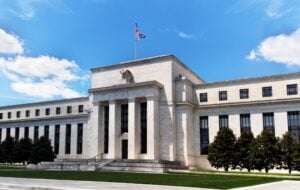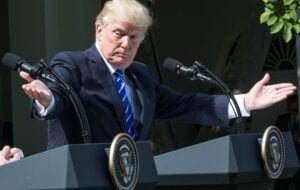I was pleased to see David Henderson call out Bill Poole for claiming the Fed sets the federal funds rate. It doesn’t, of course. Welcome to the Wicksell Club, David! We don’t have ties or t-shirts. But our common cause is worthwhile.
Many of my economist friends get annoyed when I insist they refer to setting the federal funds rate target (as opposed to setting the federal funds rate). They know that the Fed is not literally setting the federal funds rate; that the rate is determined by suppliers and demanders in the overnight market; and that the Fed, as Bernanke has made clear, has a limited influence on even short term rates. But, they maintain, it is a convenient shorthand of little consequence.
I disagree. Perhaps I have spent too much time in a liberal arts environment, but I believe the language we use matters. In this case, the dominant Fed-sets-rate language makes it easy to assume that the federal funds rate is low because the Fed’s target is low. It makes it difficult to even consider the possibility that the Fed’s target is low because the market-clearing federal funds rate is low. Moreover, it suggests the Fed is in a direct and dominant position when, in fact, the Fed plays an indirect role and, at least by my assessment, is subservient to routine market forces. It also seems to perpetuate the all-too-common error of associating low rates with expansionary monetary policy and high rates with contractionary monetary policy. (Scott Sumner is right: Interest rates are not a reliable indicator of monetary policy.) How can we consider whether the Fed should adjust its target rate if we fail to recognize the natural rate?
There are consequences to sloppy thinking. And sloppy language encourages sloppy thinking. So keep fighting the good fight, David. May our club’s membership swell.





